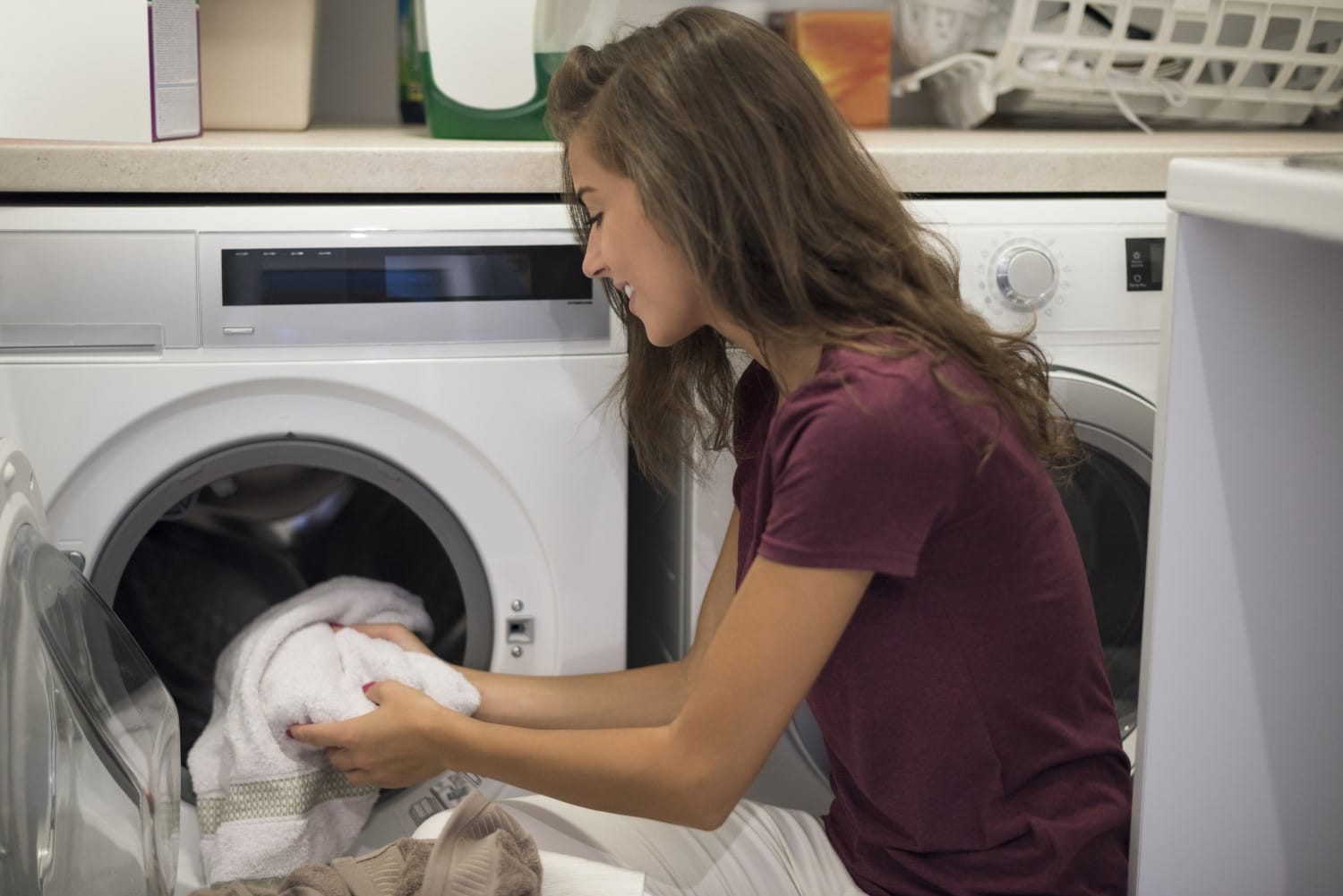Now that you have settled into your new home, you want to consider its long-term viability of it. Sweet. You can start by evaluating all the appliances in your home. Everything, from your refrigerator and dishwasher to your stovetop and microwave, has a shelf life. This is important when planning for future expenses.
Although it’s best to evaluate the value and condition of any appliances before making an offer, it’s better to do this later than never.
Let’s talk about the questions you need to ask and the steps you can take to ensure you have durable, high-functioning appliances long after you move into your new home.
1. Is it possible to determine the age of my appliances?
Appliances can last between 10 and 20 years before needing regular maintenance or replacement. You should plan to repair or maintain appliances that are older than 20 years old every 3 to 4 years. You should answer questions 1 & 2 before you make an offer on a home. The age and condition of appliances have an effect on the property’s market value.
2. In what condition are they?
The age rule is more of an advisory than a strict rule in assessing appliances. However, older appliances that are kept in good working order can still be used for their intended purpose. They may not be as efficient, as well as being less energy- and money-efficient. Inspect the appliance thoroughly to identify any potential problems and issues. Are there any water pools under or in the machine? How is the inside? What is the inside condition of the refrigerator and microwave seals? Ask the previous owner and the realtor. List all the defects and decide which ones you can live with.
3. Is it worthwhile to spend on repairs?
You must consider the repair costs when deciding on which appliances you want to replace. This can vary widely depending on the appliance. What appliances do you require to work efficiently and without issues? What are the issues that you believe can be fixed instead of replacing the machine? Dishwashers are less expensive than gas grills and microwaves. Kitchen appliances like refrigerators and ovens, however, are more costly to repair. It all boils down to your personal risk assessment and what you can afford. You can find out more information about our prices here.
4. Do I have the ability to fit new appliances in my home?
Although it may seem silly, the most important thing to consider when deciding whether or not you want to replace appliances is if they can be installed in your home. If you have a garage, double or detached door on your property, you don’t need to worry about this. But if you live alone, you might be having trouble fitting larger appliances such as washers or dryers. Measure the dimensions of the appliances you have to replace to ensure they fit within the space.
5. What can I do if I have to throw out some of my appliances?
Finally, there are many options to get rid of appliances. It is easiest to pay the person who delivers the appliance to take it away.





